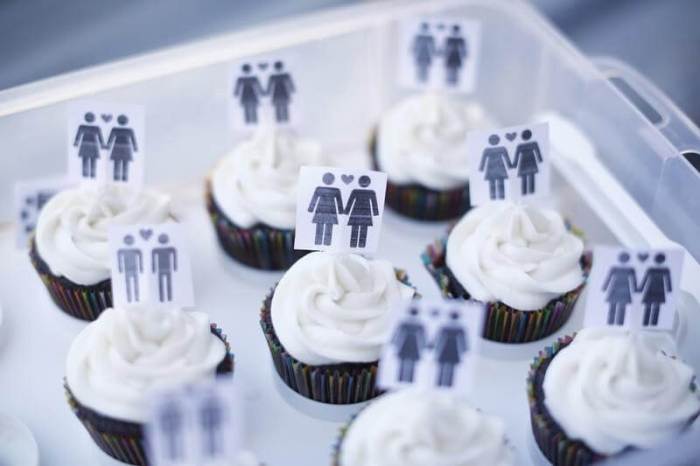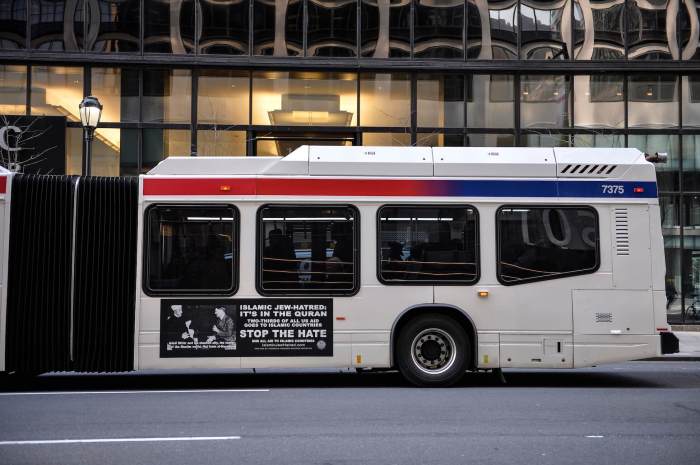The popular conception of the millennial snowflake — a person under 35 who’s too sensitive and easily offended to function in the real world — is not supported by data from a long-running survey about social attitudes, which shows that millennials are actually more tolerant of potentially offensive speech more than older generations.
The non-partisan research center at the University of Chicago has conducted the General Social Survey since 1972. Part of the poll involves asking questions about the extent to which free speech should be allowed. Some of the questions and findings:
• Should a militarist book that advocates overthrowing the government and letting the military run the country be removed from the public library? In the 2016 poll (the most recent available), 16 percent of 18-to-34-year olds say it should, compared to 29 percent of those aged 50 to 64 and 34 percent of those over 65.
• Tweaking the question to a book advocating communism, the results were nearly the same, with 18 percent of 18-to-34-year-olds saying remove it from the library, versus 28 percent of those aged 50 to 64 and 34 percent of those over 65.
• When asked if an anti-American Muslim clergyman should be allowed to make a speech, 60 percent of those over 65 said no, compared to 55% of millennials. Even 35-to-49-year-olds were more sensitive, with 57% saying the speech shouldn’t be allowed.
• Asked if a racist should be allowed to teach, millennials weren’t far removed from their parents and grandparents, with 58 percent, 54 percent and 51 percent of those generations saying “no,” respectively.

“For us olds, there are few things more pleasurable in life than shitting on the young,” says Jeffrey Sachs, an academic with a PhD from McGill University, who surfaced the study on Twitter. “On issue after issue, young people aged 18-34 are the most tolerant of potentially offensive speech and trending upward, while older Americans are the least.”
The survey also suggests that a snowflake is in the eye of whoever it’s stinging — or who got to the meme first: There are at least as many people who could be considered an old snowflake as there are who could be labelled a millennial snowflake; it used to be called differing passionate opinions.
The millennial snowflake and free speech
Vox points out that other studies show support for free speech on campus is actually rising, and the “safe space” idea of millennial snowflakes is widely disfavored. A 2016 survey from the Knight Foundation/Newseum asked respondents if it was more important for colleges to “create a positive learning environment for all students by prohibiting some speech” considered offensive or biased against certain groups, or environments that are open to the expression of all viewpoints, including possibly offensive speech. A total of 78 percent said they should be open to all viewpoints, while 27 percent said they should be “positive learning environments,” a.k.a safe spaces.
Additionally, notes Sachs, a 2009 UCLA study showed that attending four years of college makes students less supportive of banning potentially offensive speech, with 62 percent supporting it at the beginning of college and 56 percent supporting it at graduation.

























